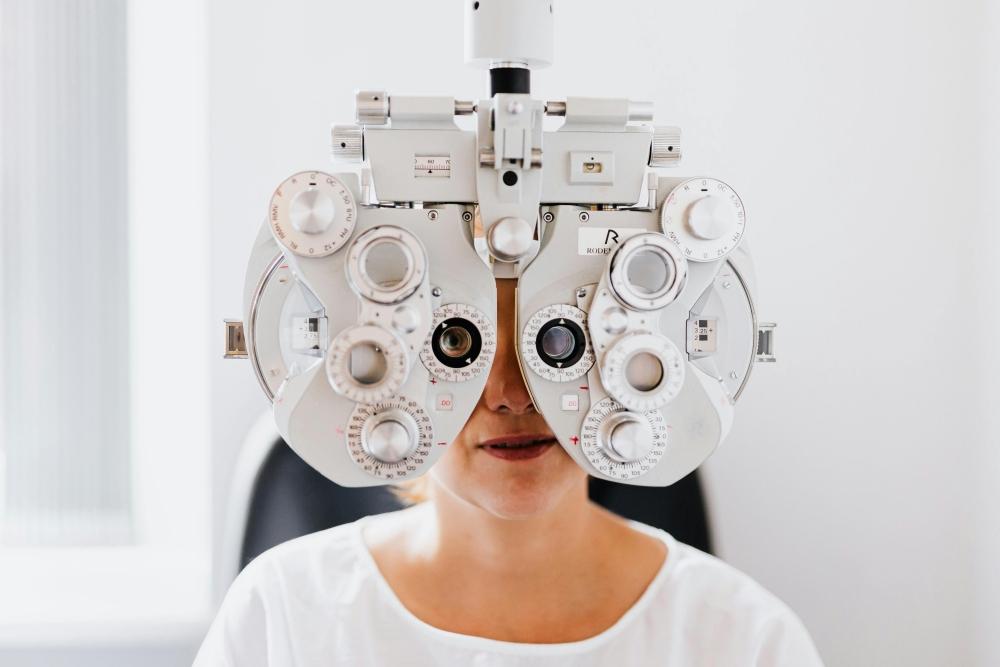Hypertension, commonly known as high blood pressure, and cataracts are both prevalent health issues that affect millions of people worldwide. Hypertension is a condition where the blood pressure in the arteries is persistently elevated, often leading to serious health complications such as heart disease and stroke. Cataracts, on the other hand, refers to the clouding of the eye’s natural lens, which may lead to impaired vision and, if left untreated, blindness.
The question arises: is there a link between hypertension and the development of cataracts? This article explores the potential connection between these two conditions and delves into how managing hypertension might play a role in addressing cataracts.
The Potential Link Between Hypertension and Cataracts
Recent research has explored the relationship between hypertension and the incidence of cataracts, revealing some intriguing findings. Several studies suggest that individuals with hypertension may have a higher risk of developing cataracts compared to those with normal blood pressure. The exact mechanisms behind this association are still under investigation, but several biological factors are believed to play a role.
One possible explanation is the impact of oxidative stress. Hypertension is known to potentially increase oxidative stress in the body, which may lead to cellular damage. In the eyes, this oxidative stress can damage the proteins in the lens, causing them to clump together and form cataracts. Additionally, hypertension can affect the blood flow to the eyes, potentially disrupting the nutrient and oxygen supply to the lens, further contributing to cataract formation.
In hypertensive patients, the combination of oxidative stress and impaired blood flow creates an environment where cataracts are more likely to develop. Understanding these mechanisms helps highlight the importance of managing hypertension not only for overall health but also for maintaining good eye health.
Managing Risk Factors
Managing hypertension effectively is recommended to help reduce the risk of cataracts and other eye diseases. Here are some strategies to consider:
1. Regular Monitoring and Medication
Keeping blood pressure under control through regular monitoring and medication prescribed by a healthcare professional is advisable. Consistent management of hypertension can help manage oxidative stress and protect the eyes from potential damage.
2. Lifestyle Changes
Adopting a healthy lifestyle can also influence blood pressure levels and overall eye health. This may include maintaining a balanced diet rich in fruits, vegetables, and whole grains, reducing salt intake, and avoiding excessive alcohol consumption.
Regular physical activity, such as walking, swimming, or yoga, can help manage hypertension and promote better circulation, benefiting both heart and eye health.
3. Regular Eye Exams

For those with hypertension, regular eye screenings for adults are recommended for early detection of cataracts and other underlying eye conditions. An eye examination in Singapore can also help identify changes in the lens and allow for timely intervention.
Consulting a cataract eye specialist may provide personalised advice and treatment options to manage both hypertension and cataract risks.
Preserving Vision with Proactive Care
Taking proactive steps to manage hypertension may help reduce the risk of cataracts and manage your vision. Regular consultations with healthcare professionals for hypertension management and eye examinations are advisable for catching and addressing cataracts early. By maintaining a healthy lifestyle and staying vigilant about eye health, individuals can better protect their vision and overall well-being.
If you have hypertension or are experiencing changes in your vision, it is advisable to seek professional advice. An eye examination and consultation with a specialist can help manage your eye health. Early intervention and proper management are recommended to help maintain good vision and a better quality of life.

